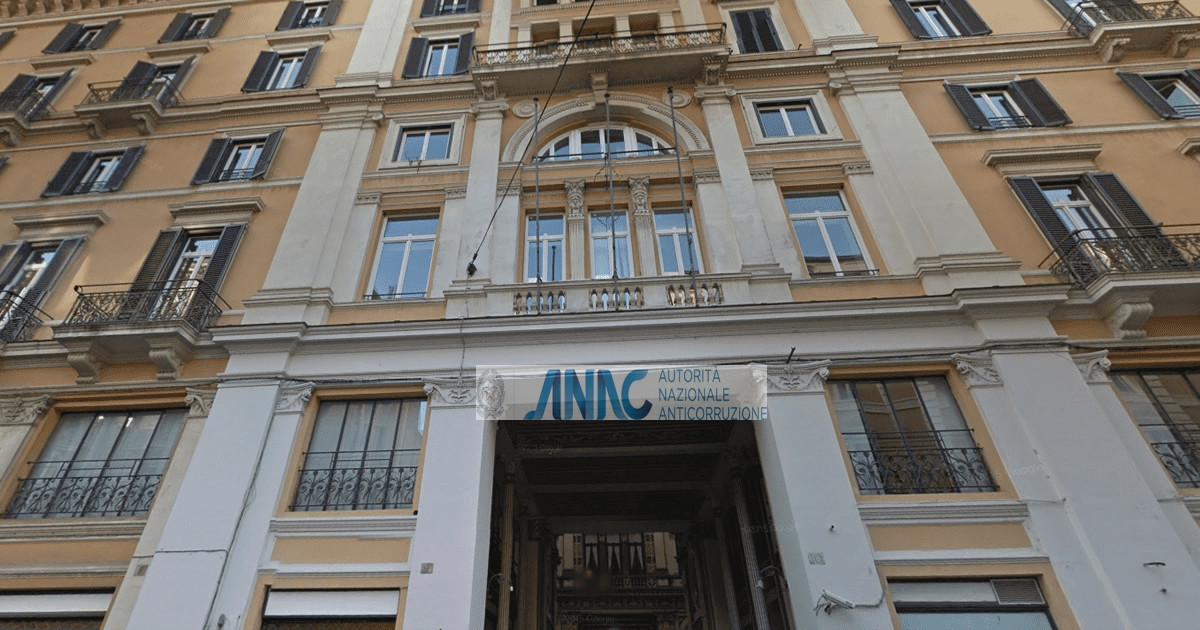The minimum requirements to be able to register are the same as those for taking part in a competition.
In particular:
- general requirements (referring to article 80 paragraph C of Legislative Decree 50/2016 which essentially concerns aspects of the correct behavior of the company in terms of contributions and taxes and the non-violation of administrative and criminal offenses). If a company has problems with the payment of taxes and contributions, it should avoid this procedure;
- other requirements of an economic, organizational, and technical nature (which are in any case linked to the individual tender procedure and set by the contracting station).
However, these are declarations that companies already make when registering.
In essence, no documents need to be submitted, the Public Administration will then carry out checks on the declarations or request documentation to ascertain that the declarations made are truthful. Generally, the verification procedure takes place in the following way:
- subscribers to telematic platforms (e.g. MEPA), sample extraction;
- in the case of competitions, some participants are selected by lot, the number of which depends on the number of participants;
- the successful tenderer;
Some checks are carried out by the offices in charge of the contracting stations directly at the certifying body.
For example, the Revenue Agency, INPS, the Public Prosecutor’s Office, etc.
For others, however, the company must prove the declarations with specific documentation (contracts, certificates, invoices, etc.).
For companies with an articulated governance (with different members in the administrative body, board of statutory auditors, auditing firm, with holders of quotas or shares with legal entity); it is highly recommended to proceed with caution by carrying out preventive checks on all subjects. In this case, it is possible to have the necessary support at our office


